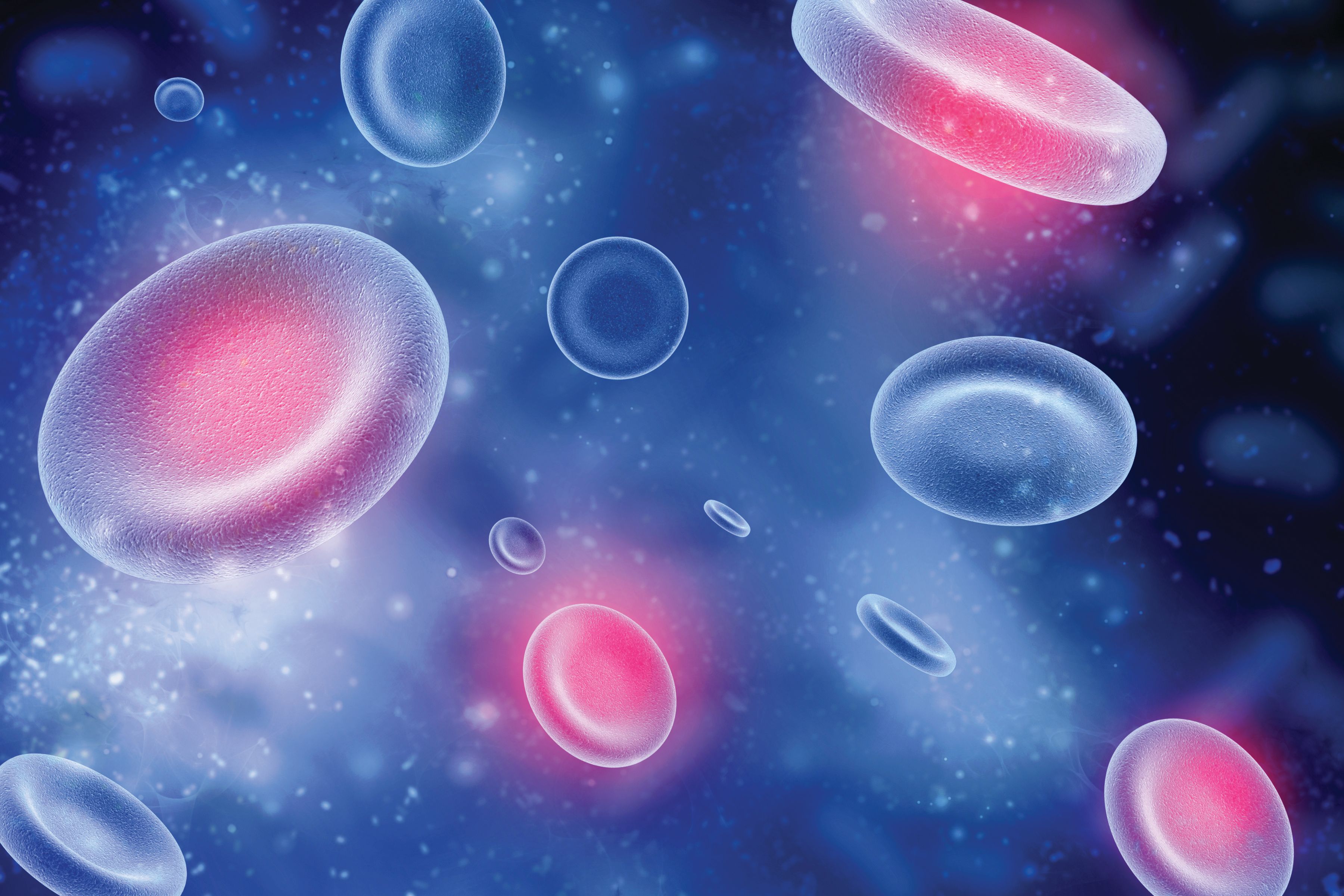EMA Validates Type II Application for Liso-cel in R/R Follicular Lymphoma
In Japan, liso-cel recently received approval for patients with previously treated relapsed/refractory follicular lymphoma.
Supporting data for the Type II application in the European Union and the Japanese approval came from the phase 2 TRANSCEND FL trial (NCT04245839) evaluating liso-cel in patients with relapsed/refractory indolent B-cell non-Hodgkin lymphoma, including those with follicular lymphoma.

The European Medicines Agency (EMA) has validated a Type II variation application seeking an expanded indication for lisocabtagene maraleucel (liso-cel; Breyanzi) as a treatment for adults with relapsed/refractory follicular lymphoma following at least 2 prior lines of systemic treatment, according to a press release from the developer, Bristol Myers Squibb.1
Additionally, Japan’s Ministry of Health, Labour, and Welfare has approved a supplemental biologics license application for liso-cel in patients with relapsed/refractory follicular lymphoma following 1 or more prior lines of systemic therapy in high-risk disease and after at least 2 lines.
“Follicular lymphoma impacts a significant number of people, and those with relapsed or refractory disease tend to experience shorter responses with each new line of therapy,” Anne Kerber, senior vice president and head of Late Clinical Development, Hematology, Oncology and Cell Therapy (HOCT) at Bristol Myers Squibb, said in the press release.1 “[Liso-cel] represents a differentiated CAR T-cell therapy, and we look forward to working with the [EMA] to bring this important treatment option to patients with relapsed or refractory follicular lymphoma with the goal of improving outcomes and providing lasting remission.”
Supporting data for the Type II application in the European Union and the Japanese approval came from the phase 2 TRANSCEND FL trial (NCT04245839) evaluating liso-cel in patients with relapsed/refractory indolent B-cell non-Hodgkin lymphoma, including those with follicular lymphoma. Updated findings were published in Nature Medicine.2
Among patients with third-line disease and beyond, liso-cel produced an overall response rate (ORR) of 97% (95% CI, 91.6%-99.4%; P <.0001), which included a complete response (CR) rate of 94% (95% CI, 87.5%-97.8%; P <.0001). Additionally, the median time to first response was 1 month (range, 0.6-3.3), and the median duration of response (DOR) was not reached (NR; 95% CI, 18.0-NR). After a median follow-up of 17.6 months, the median progression-free survival (PFS) was NR (95% CI, 19.0-NR), and the 12-month PFS rate was 81% (95% CI, 71.4%-87.2%). Data also showed that the median overall survival (OS) was NR, with 92% (95% CI, 84.8%-96.0%) of patients alive at 12 months.
Subgroup analyses indicated that outcomes related to ORR, CRs, DOR, and PFS were comparable across different groups, which included patients with high-risk disease features.
Of note, any-grade cytokine release syndrome (CRS) occurred in 58% of patients at a median onset of 6 days (range, 1-17); these events lasted for a median of 3 days (range, 1-10). Only 1 patient experienced grade 3 CRS. Any-grade neurological toxicity related to treatment with liso-cel occurred in 15% of patients with a median onset of 8.5 days (range, 4-16) and a median duration of 3.5 days (range, 1-17).
“Patients with [relapsed/refractory follicular lymphoma] enrolled in TRANSCEND FL represent a population without an established standard of care and with an unfavorable prognosis,” Franck Morschhauser, MD, PhD, from Centre Hospitalier Universitaire de Lille, Research Group on Injectable Forms and Associated Technologies in Lille, France, and coauthors wrote.2 “Liso-cel showed a favorable benefit/risk ratio in these patients, with low rates of severe CRS and [neurological events]. Results from this study support liso-cel as a potential therapeutic option in patients with [relapsed/refractory follicular lymphoma], including [second-line disease].”
In the international open-label TRANSCEND FL trial, patients underwent leukapheresis before receiving a single infusion of liso-cel at a target dose of 100 x 106 CAR-positive T-cells. The trial’s primary end point was ORR per independent review committee assessment, with secondary end points including CR rate, DOR, PFS, and OS.
In May 2024, the FDA granted accelerated approval to liso-cel in relapsed/refractory follicular lymphoma after 2 or more prior lines of systemic therapy based on data from the TRANSCEND FL trial.3
References
- European Medicines Agency validates Bristol Myers Squibb’s application for CAR T Cell therapy Breyanzi for relapsed or refractory follicular lymphoma. News release. Bristol Myers Squibb. August 19, 2024. Accessed August 19, 2024. https://tinyurl.com/msz3hjbr
- Morschhauser F, Dahiya S, Palomba ML, et al. Lisocabtagene maraleucel in follicular lymphoma: the phase 2 TRANSCEND FL study. Nat Med. 2024;30:2199-2207. doi:10.1038/s41591-024-02986-9
- FDA grants accelerated approval to lisocabtagene maraleucel for follicular lymphoma. News release. FDA. May 15, 2024. Accessed August 19, 2024. https://tinyurl.com/euust4sa
Highlighting Insights From the Marginal Zone Lymphoma Workshop
Clinicians outline the significance of the MZL Workshop, where a gathering of international experts in the field discussed updates in the disease state.